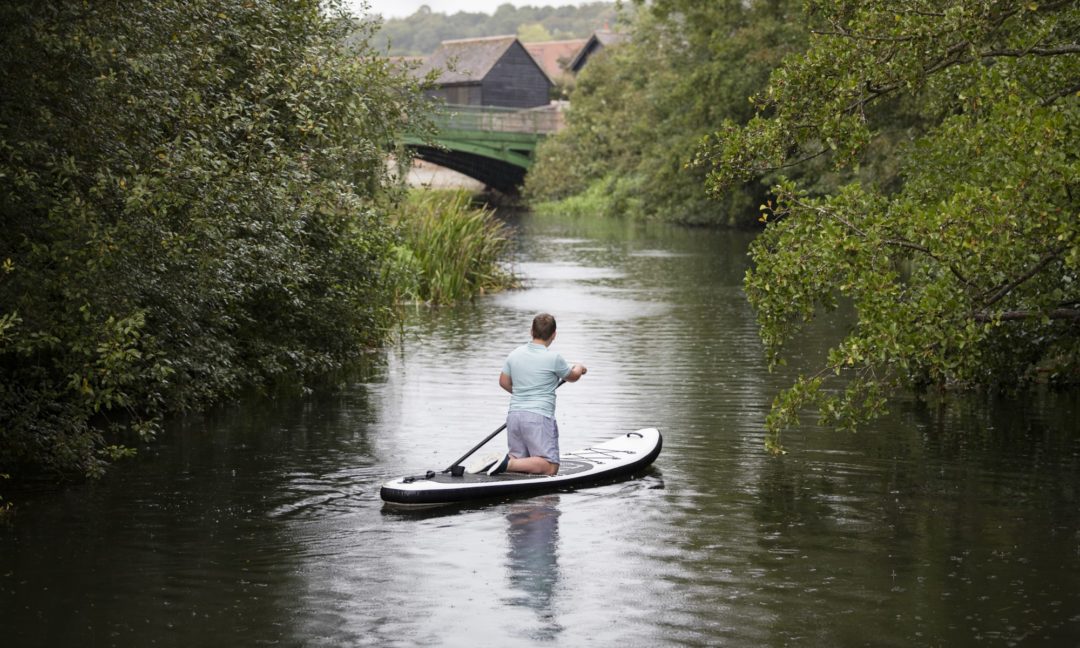- Fourteen percent of people have less than £100
- Suffolk residents spend their savings on travel and holidays
- UK Savings Week 2024 runs from 9 to 15 September: www.uksavingsweek.co.uk
As this year’s UK Savings Week begins, Suffolk Building Society calls on people in the region to take stock of their savings habits. New research from the Building Societies Association (BSA) has found that one in five could not meet an unexpected expense of £300. This means that emergency car repairs, dental bills, or boiler repairs could cause a problem for almost 1.3m people in the region*.
Almost half (48%) of UK adults are still saving less than they did before the start of the cost of living crisis.
Eight percent of people in the East of England have no savings at all. This is an improvement on both the national average (10%), and on this time last year, when it was 11%.
Twenty-nine percent of East of England adults never compare the interest rate on their savings accounts to others available. The same number hold most of their savings in their current account. One of the key aims of UK Savings Week is to encourage people to actively monitor their savings to get the most out of them.
What are people in Suffolk saving for?
Suffolk Building Society surveyed nearly 200 of its members and found that people in the region love to travel. When asked what they’d saved for, 82% had put money aside for holidays and travel, while home improvements were also popular at 73%. One in five have saved for fashion items and one in ten have put cash aside for beauty treatments.
Savers in the area also proved to be selfless, with many saving for the benefit of others. University fees and house deposits for children and grandchildren were popular, with others paying rent, care home fees and medical bills for relations in need. Generosity extended beyond the family too, with donations to charity, local hospices and churches.
Despite modern society often being accused of wanting instant gratification, residents in Suffolk and the surrounding areas were happy to wait for their savings to come to fruition. In fact, 13% of people had saved up for something for longer than 20 years!
While bathroom extensions, beach huts, and even holiday homes as far-flung as Bulgaria have seen locals putting pennies away, some savings goals were further down the pecking order. One Suffolk resident set aside their money in order to purchase a chicken coop that they subsequently named “Cluckingham Palace”.
When asked about the ‘silliest’ thing they’d ever saved for, one long-suffering football fan claimed it was their Colchester United FC season ticket.
Rebecca Newman, Chief Operating Officer at Suffolk Building Society, said: “Many households are still under considerable financial pressure. However, if you can put aside even a small amount each month, it’s a great habit to develop. Not only does it provide you with the security of knowing you can deal with the unexpected, but it can also be a really positive motivator. A savings pot can help you to achieve your goals, whether that’s the holiday of a lifetime, or a new chicken coop!”
Andrew Gall, Head of Savings and Economics at the Building Societies Association commented:
“Having money in a savings pot not only makes us more resilient when things go wrong, it also improves our overall wellbeing, helping us to feel more optimistic and improving our ability to relax and sleep better. Building our savings with a good regular savings habit can also help us to achieve more of our dreams.
“Around half of UK adults already have a regular savings habit, but what matters is finding a pattern that works for you. The motto for UK Savings Week is ‘Savings, they’re what you make of them’, so whatever level of saver you are, saving a little if you can, when you can, will make a difference to your life.”
About UK Savings Week
Now in its third year, UK Savings Week, founded by the Building Societies Association to encourage and promote the benefits of having and actively managing savings. Working in partnership with various organisations, the overarching aim is to help people to build their financial resilience and manage their savings to make the most of them.
*Based on 20% of the East of England population (6,398,497) which equals 1,279,699.







